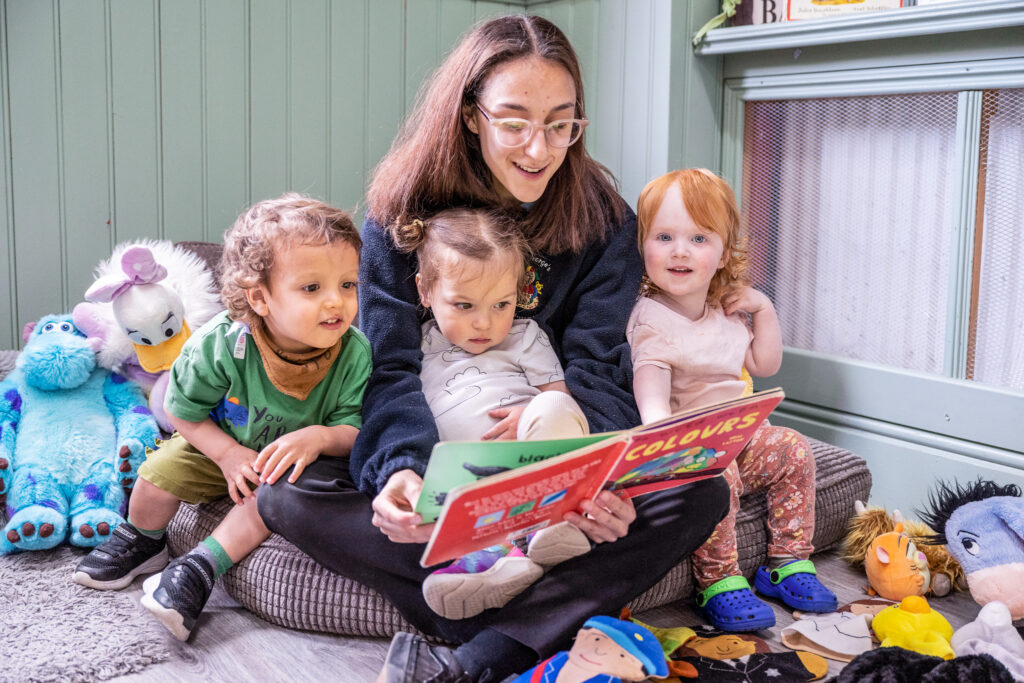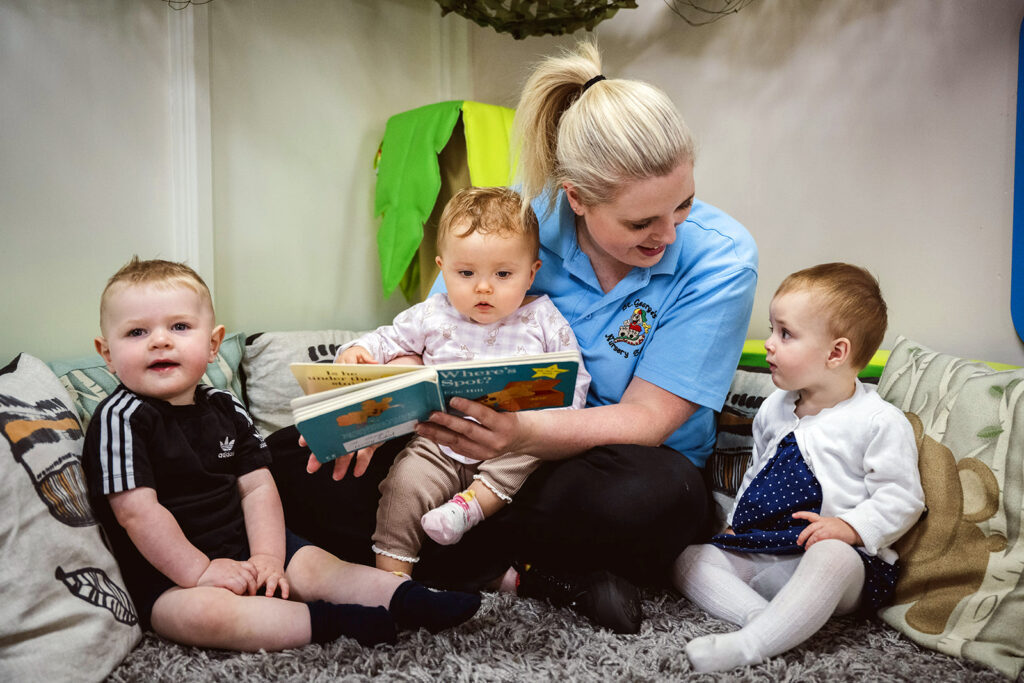“To grow up healthy, children need to sit less and play more.”
Children under five must spend less time sitting watching screens, or restrained in prams and seats, get better quality sleep and have more time for active play if they are to grow up healthy” – World Health Organization (WHO).
Screen time is a sensitive subject at the best of times for most families. However, now in a world of virtual birthday parties, and Zoom classes and with both parents and children spending a lot more of their time at home, it’s becoming increasingly more difficult to know when and how to put limits and restrictions on your child’s screen time.
There are many benefits to reduced screen time including “improving physical activity, reducing sedentary time and ensuring quality sleep in young children which will improve their physical, mental health and wellbeing, and help prevent childhood obesity and associated diseases later in life,” says Dr Fiona Bull, programme manager for surveillance and population-based prevention of noncommunicable diseases, at WHO.
Screen Time at St.George’s
At St. George’s, we understand that it’s often difficult to limit screen time at home, that’s why at nursery, we plan a range of activities that don’t involve screens! We encourage children to play and learn outside in our beautiful large gardens, we encourage yoga, music, singing and dancing, we read and listen to stories from our teachers and peers and we do lots of sensory play including activities with water, play dough and sand. For more activities, please see https://stgeorgesnursery.com/age-group/.
The wide range of activities we do at St. George’s Nursery helps to keep the children active, fit and healthy, as well as to boost their imagination, creativity and enhance their motor and social skills.

Here are a few things you can do at home too…
Start by recognising that with so much more happening online nowadays, some screen time is inevitable. However, there are techniques you can use to limit this:
- Think up some fun alternatives
“When we tell kids not to do something, we almost always need to tell them what to be doing instead,” says Stephanie Lee, PsyD, a clinical psychologist at the Child Mind Institute.
Develop a non-screen activity menu with your children that includes their various other favourite activities, such as cooking and baking, arts & crafts or even teaching pets new tricks. This will help when they are feeling fed up or bored, they have a variety at options ready to go.
- Keep at it!
Your children may try to reject your new system and act grumpy for the first couple of days. Children often try their luck with new restrictions and try to gauge how firm they really are. If you keep with the plan, rejection and push back are likely to disappear and your children will become accustomed to their new routines.
- Set a good example
This definitely won’t be an easy one but it’s important to lead by example. Children are likely to replicate behaviours such as putting your screens away at certain times of time every day. Not only will this help your children decrease the time they spend on their screens, but could also help you control the amount of time you spend doing the same and could give you more valuable and mindful time with your children.






